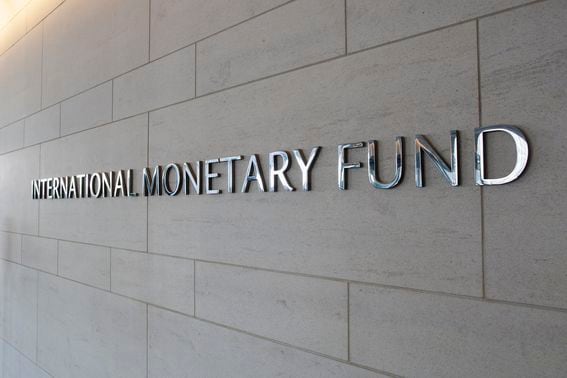
Opera's Crypto Browser will allow users to access Coin98's collection of multichain NFTs, DEXs, cross-chain bridges, asset swaps and the ability to stake and lend their crypto.
Opera Crypto Browser, a Web3-focused project for facilitating navigation across decentralized applications (DApps), games and metaverse platforms, has announced a partnership with Coin98, a Southeast Asia-based decentralized finance (DeFi) platform, to bolster Web3 accessibility.
Following the integration of Coin98, users of Opera’s Crypto Browser will be able to tap into the platform’s range of multichain nonfungible tokens (NFTs), decentralized exchanges (DEXs), cross-chain bridges and asset swaps as well as the ability to stake and lend their cryptocurrency portfolios, as per a Thursday announcement.
With Southeast Asia's reputation as an online technology hotspot — with the world's largest number of internet users — and a region with a burgeoning young population and increasingly active crypto community, the collaboration is poised to bring Opera's Crypto Browser one step closer to its objective of promoting mass cryptocurrency and Web3 adoption. Commenting on the development, Susie Batt, crypto ecosystem lead at Opera said:
"With over 340 million users worldwide, it is critical that we encourage mainstream adoption by supplying products and services that everyone can use.”
Opera has been a prominent figure in the cryptocurrency industry for some time, and it was the first major browser to accept Bitcoin (BTC) payments in 2019. In January 2022, Opera launched the Crypto Browser project, a Web3-oriented initiative for making it easier to discover DApps, games and metaverse platforms.
Related: Opera browser enables direct access to BNB Chain-based DApp ecosystem
As part of the project, the browser expanded blockchain support for around nine major blockchain networks including Bitcoin, Solana (SOL), Polygon (MATIC), StarkEx, Ronin, Celo, Nervos Network, and BNB chain. Earlier this year, Opera partnered with Yat, a service that enables the creation of emojified web addresses or URLs.





